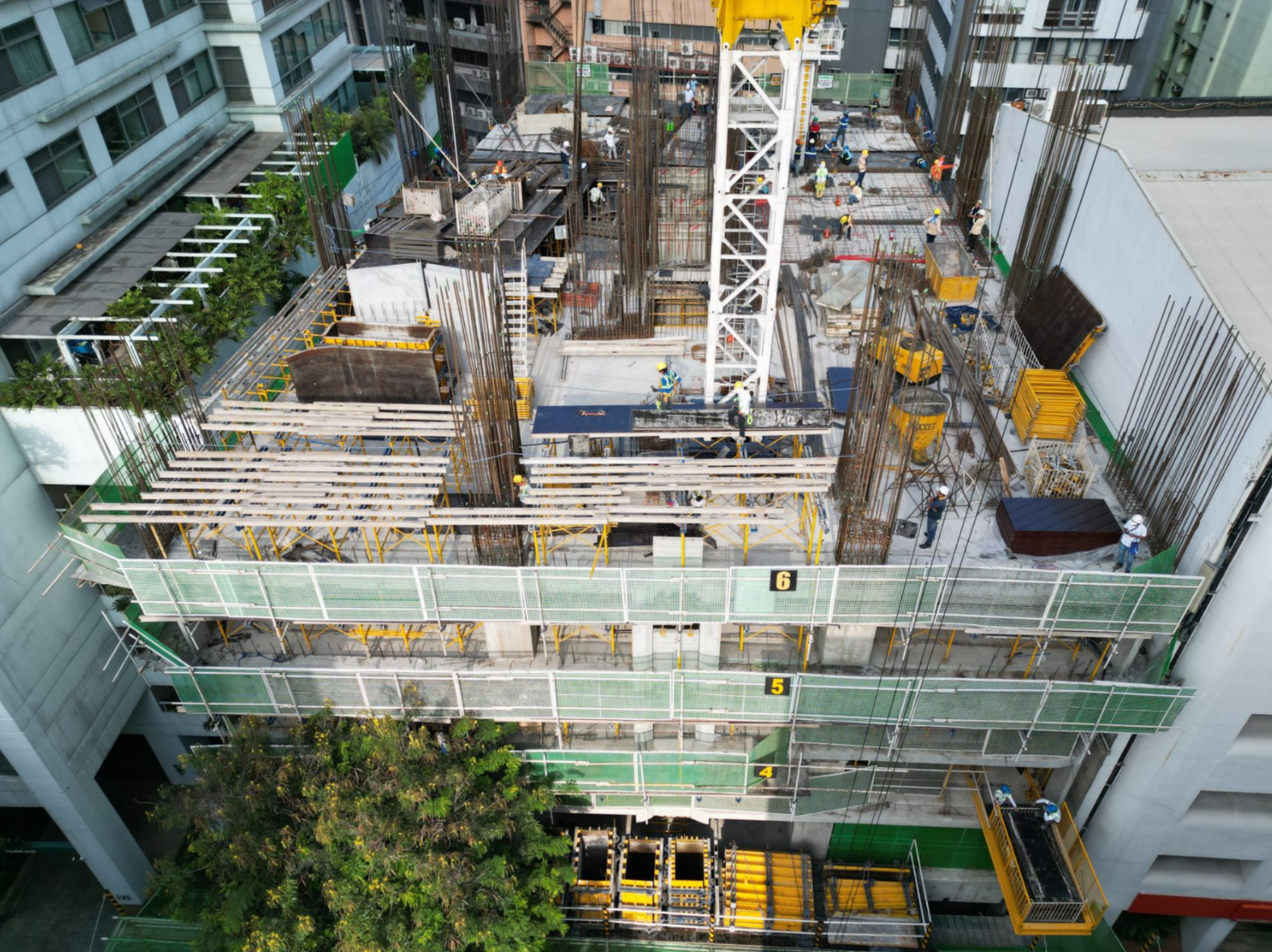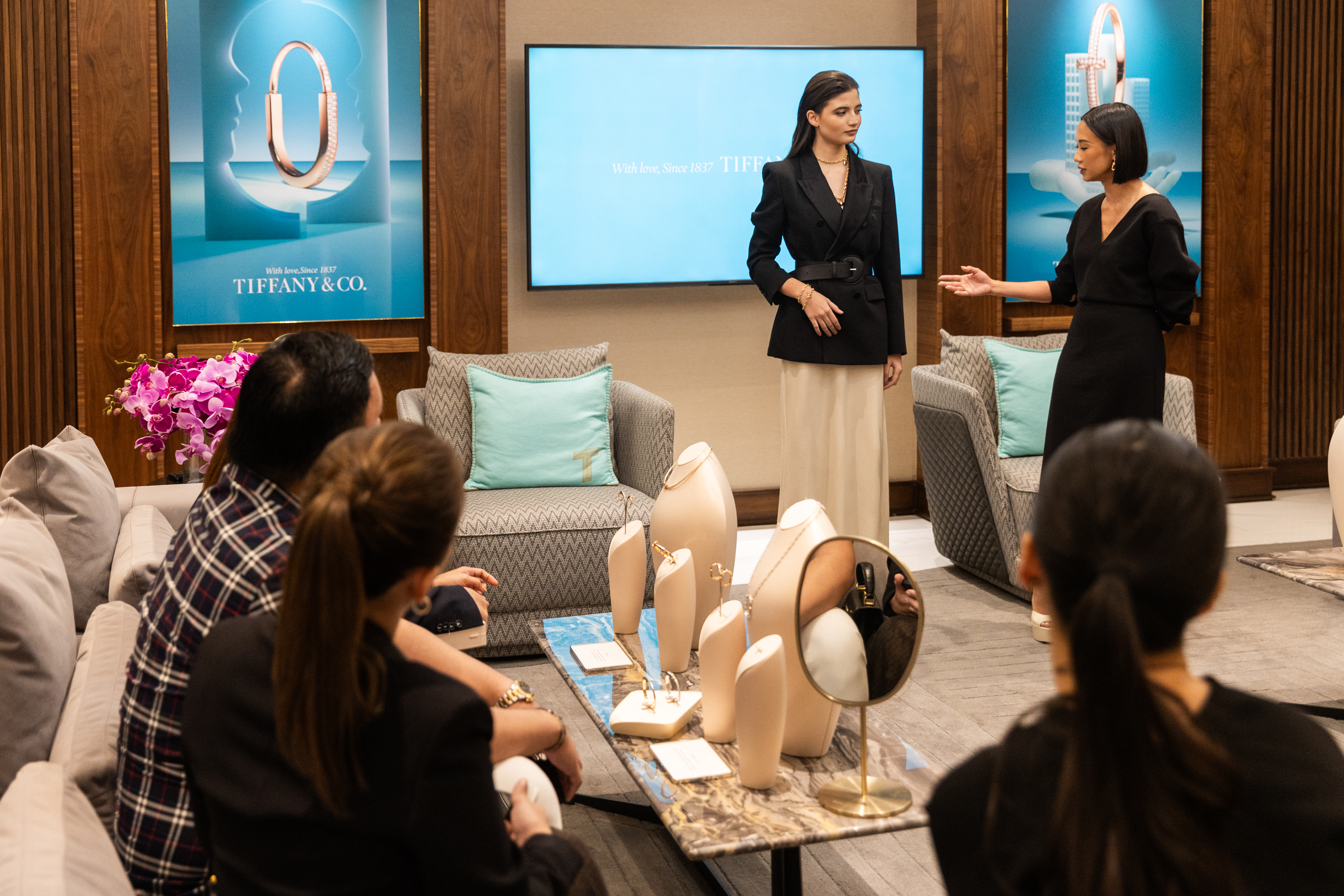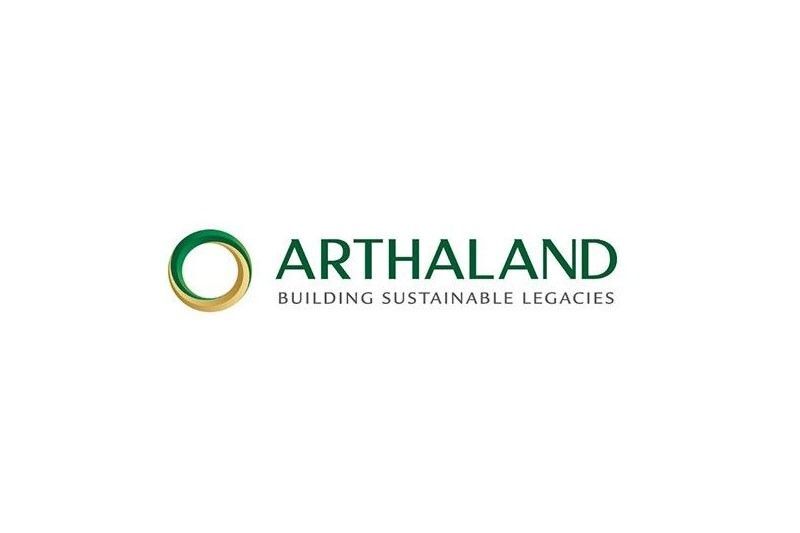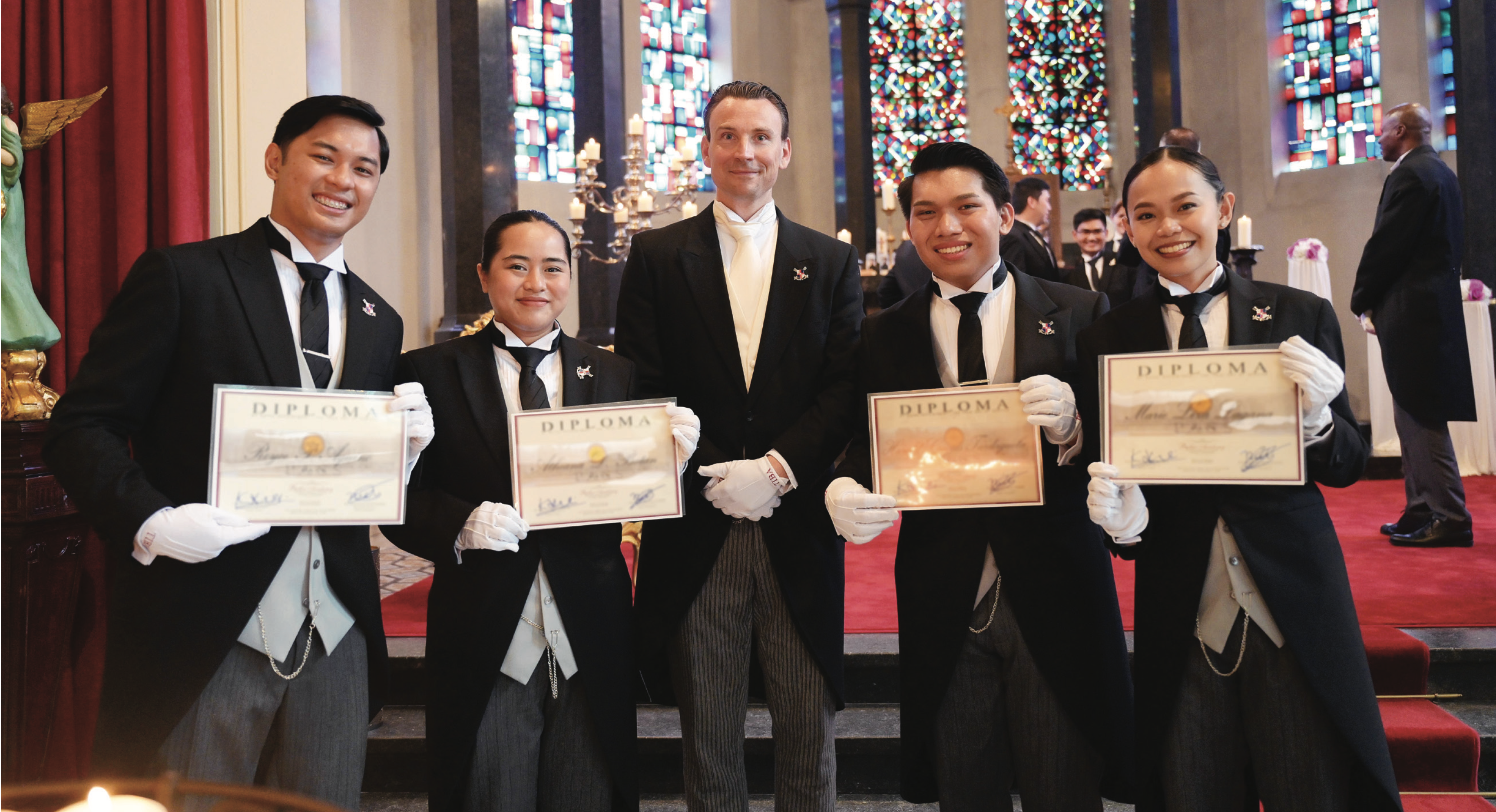
Eluria Construction Update for January 2024
January 31, 2024

Arthaland is the only real estate developer in the Philippines with 100% of its projects certified as sustainable with highly respected local and international green building rating systems. Developing a green property is not a simple endeavor as it requires a higher financial commitment combined with meticulous planning at every stage of the project's cycle. The main objective is to achieve a better environmental impact while enhancing its social and economic value.
Our purpose is embedded in our name. "Artha" comes from the Sanskrit word that means purpose, knowledge, significance, and wealth. At Arthaland, wealth is not only determined by material assets. We envision wealth in the sense of spiritual progress and meaningful existence. We strive to uplift the lives of people: our tenants, residents, and communities. We transform their investment into lasting intangibles such as comfort, health, happiness, and a better future.
Getting certified is one of the best ways to measure and verify a project's sustainability performance. With the demanding qualification criteria attached to each certification, the more certifications we achieve correlate to a holistic green and healthy living approach. At present, the certifications deemed at best are the Leadership in Energy and Environmental Design (LEED), the Building for Ecologically Responsive Design Excellence (BERDE), the Excellence in Design for Greater Efficiencies (EDGE) and the WELL Building Standard (WELL).
The LEED certification is the globally recognized and most widely used green building rating tool developed by the US Green Building Council (USGBC). Achievement of certification is a symbol of excellence in design and construction in the highest level of sustainability. It addresses global issues such as energy production and greenhouse gas emissions. It ensures utility cost savings, lower carbon emissions, and healthier environments through a holistic approach to building operations performance, developmental micro, macroclimate impact, and human behavior from facilities provided.
On the other hand, the BERDE certification is developed by the Philippine Green Building Council (PHILGBC) as an appropriate response to the Philippine building industry's need to proactively address the negative impacts of climate change in the property sector. It addresses local issues such as transportation and indoor environment quality, in particular air quality, light quality, and thermal comfort. It is used to measure and verify the performance of buildings above and beyond existing mandatory building and environmental regulations and standards.
An innovation of the International Finance Corporation (IFC), EDGE is an online platform for measuring green building performance and a green building rating tool for its certification system. EDGE independently certifies projects that reach a minimum standard in resource-efficiency focused on energy, water, and embodied energy in materials compared to conventional buildings in the country.
Last but not least, WELL is a global rating system developed by the International WELL Building Institute (IWBI) that is the first to be focused exclusively on the ways that buildings, and everything in them, can improve people's comfort, drive better choices, and generally enhance, not compromise, people's health and wellness. It was developed by integrating scientific and medical research and literature on environmental health, behavioral factors, health outcomes, and demographic risk factors that affect health with leading practices in building design, construction, and management.
Based on what's being monitored, there are numerous advantages associated with investing in certified eco-friendly properties such as decreased energy costs, increased asset value, resiliency to natural disasters, enhanced indoor conditions, and better air quality that help promote good health and well-being.
So the next time you plan to invest in real estate, make sure to check what types of green building certifications it has.

January 31, 2024

February 28, 2024

July 24, 2024

March 19, 2020
December 2, 2024

July 1, 2024

January 19, 2020

July 28, 2025

December 1, 2020